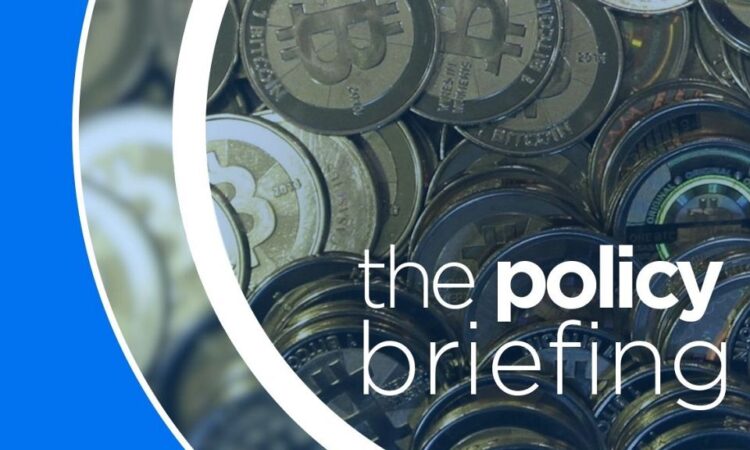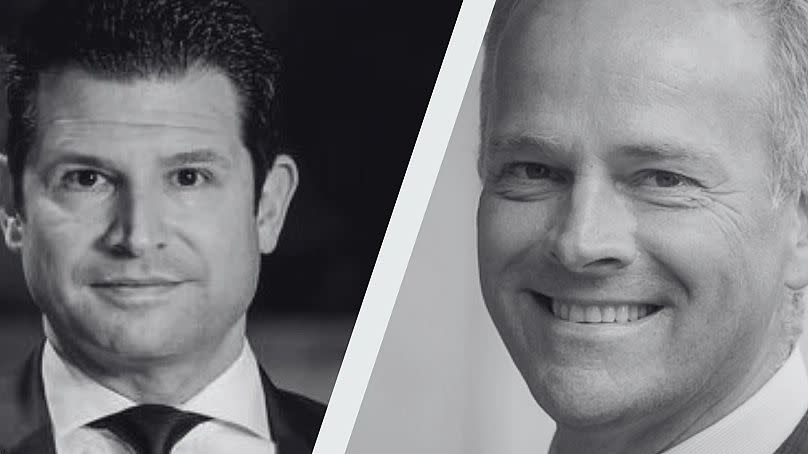
Key diary dates
-
Monday 24 – Tuesday 25 June: .7th European Nuclear Safety Conference.
-
Thursday 27 – Friday 28 June: European Summit of heads of state in Brussels to set strategic agenda and EU top jobs.
-
Sunday 30 June: EU law on cryptocurrency takes effect.
In spotlight
The EU’s landmark cryptocurrency law takes effect this week, and it doesn’t look like it’s going to be smooth sailing.
The Markets in Crypto Assets regulation, MiCA, was finalised last year after years of haggling – and represents a world-first.
MiCA adapts financial laws to apply to those trading bitcoin and its ilk, offering a modicum of consumer protection in a sector prone to scams and manipulation.
But industry figures complain the rules are still unclear after being finalised late. With just days to go until the rules take effect, we haven’t identified a single crypto player that succeeded in being authorised under the provisions set to take effect next Sunday.
The toughest part of the law covers stablecoins, cryptocurrencies which seek a fixed value against assets such as the dollar, which will apply as of 30 June.
EU finance ministers took fright when Facebook announced its own stablecoin, Libra, in 2019. They didn’t want US big tech firms introducing their own currencies that could come to supplant the euro.
Their fears were largely upheld in spring 2022 when another stablecoin, Terra, proved not so stable, sending a tsunami across the sector thanks to a spectacular crash.
Brussels has boasted its new law will keep people safe while promoting innovation – something the bloc sorely needs as it faces up to competition from the US and Asia.
But complying with bank-style laws was always going to be an uphill struggle for an industry that previously faced few regulatory constraints.
Crypto’s had a tough few years, and many of its figureheads are now in jail for charges including fraud and money laundering.
Optimists hope that crypto’s newfound regulatory credibility will draw a line under those scandals, even encouraging more cautious firms from the traditional financial sector to jump on board.
If nobody succeeds in complying, of course, regulation might just kill the sector outright.
Policy newsmakers


Dutch Hungarians in government
Zsolt Szabó, the candidate for state secretary for digitalisation in the incoming Dutch right-wing government, touted centralised AI as a priority of his mandate last week. Szabó, who has Hungarian roots, was nominated by the far-right Freedom Party of Geert Wilders, but today told lawmakers that “IT isn’t left-wing or right-wing”. Like Szabó, incoming Economy Minister Dirk Beljaarts has a Hungarian mother. Beljaarts told Dutch media last week that he has renounced his Hungarian passport. Szabó said he only has Dutch nationality. Wilders has criticised politicians holding dual nationality in the past.






